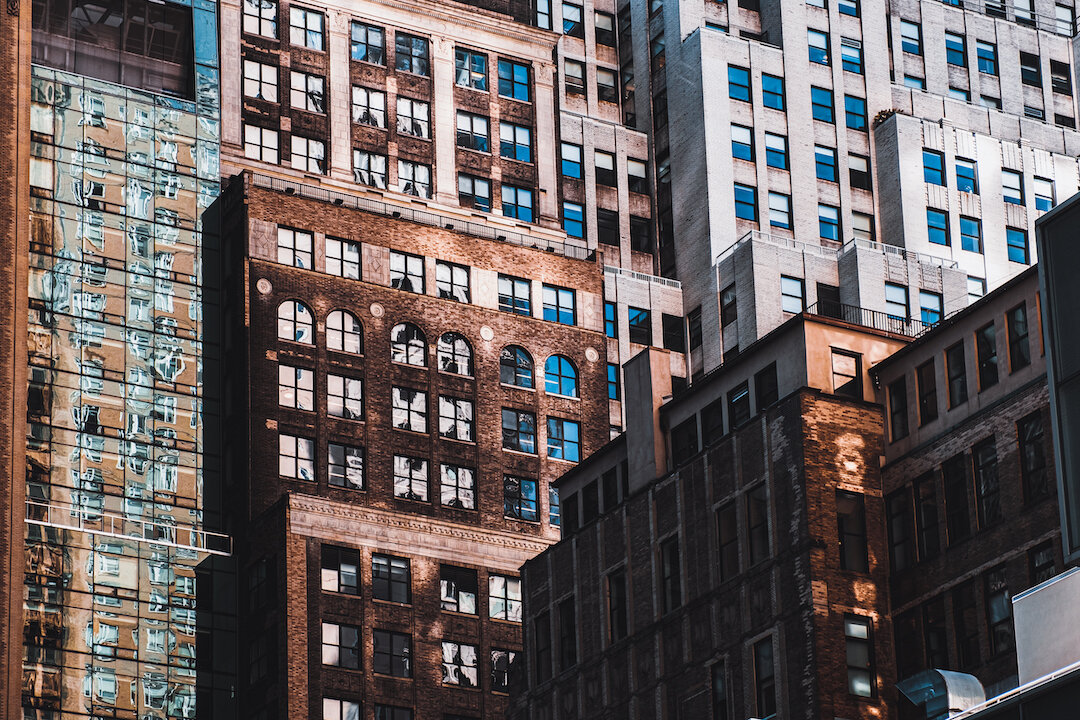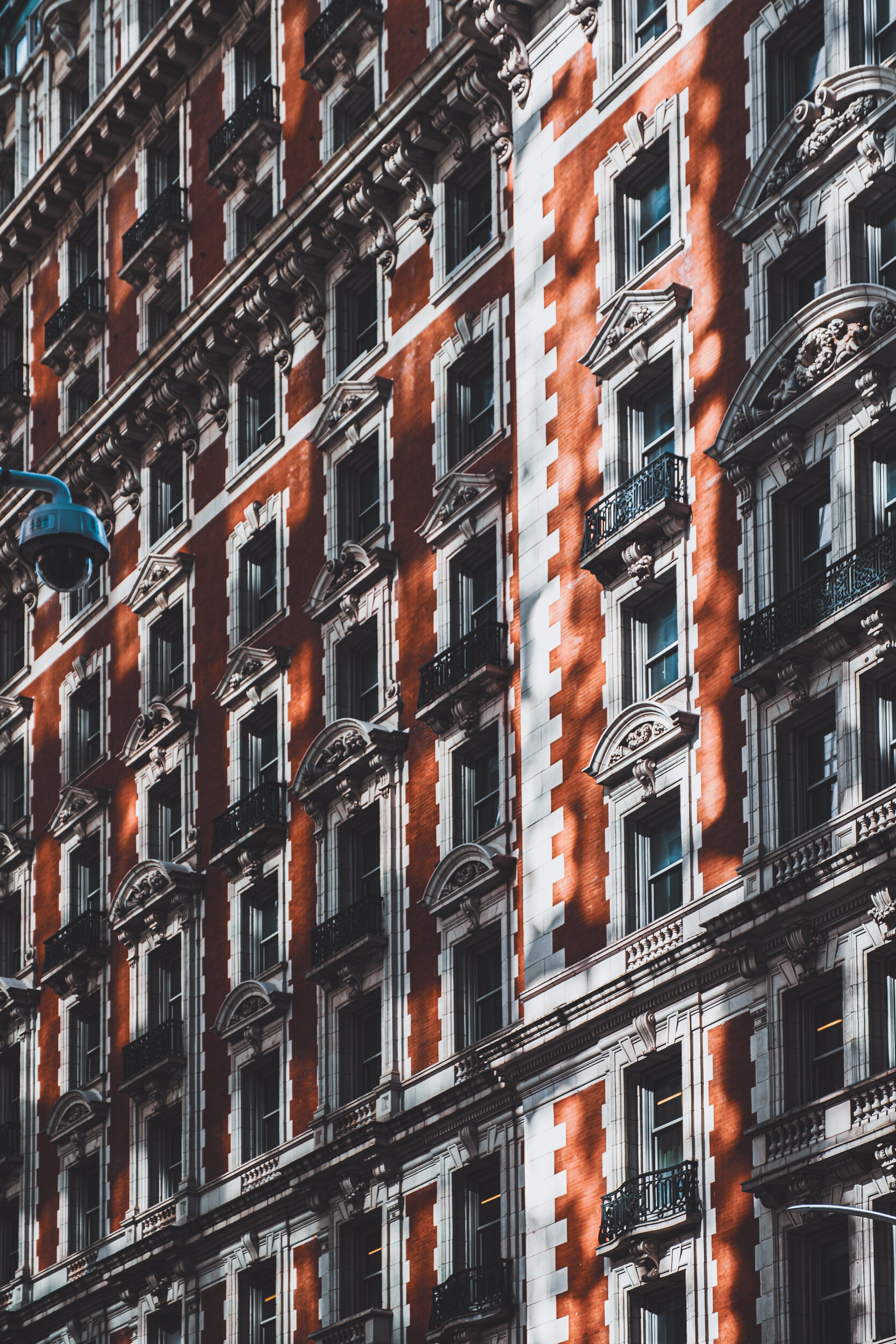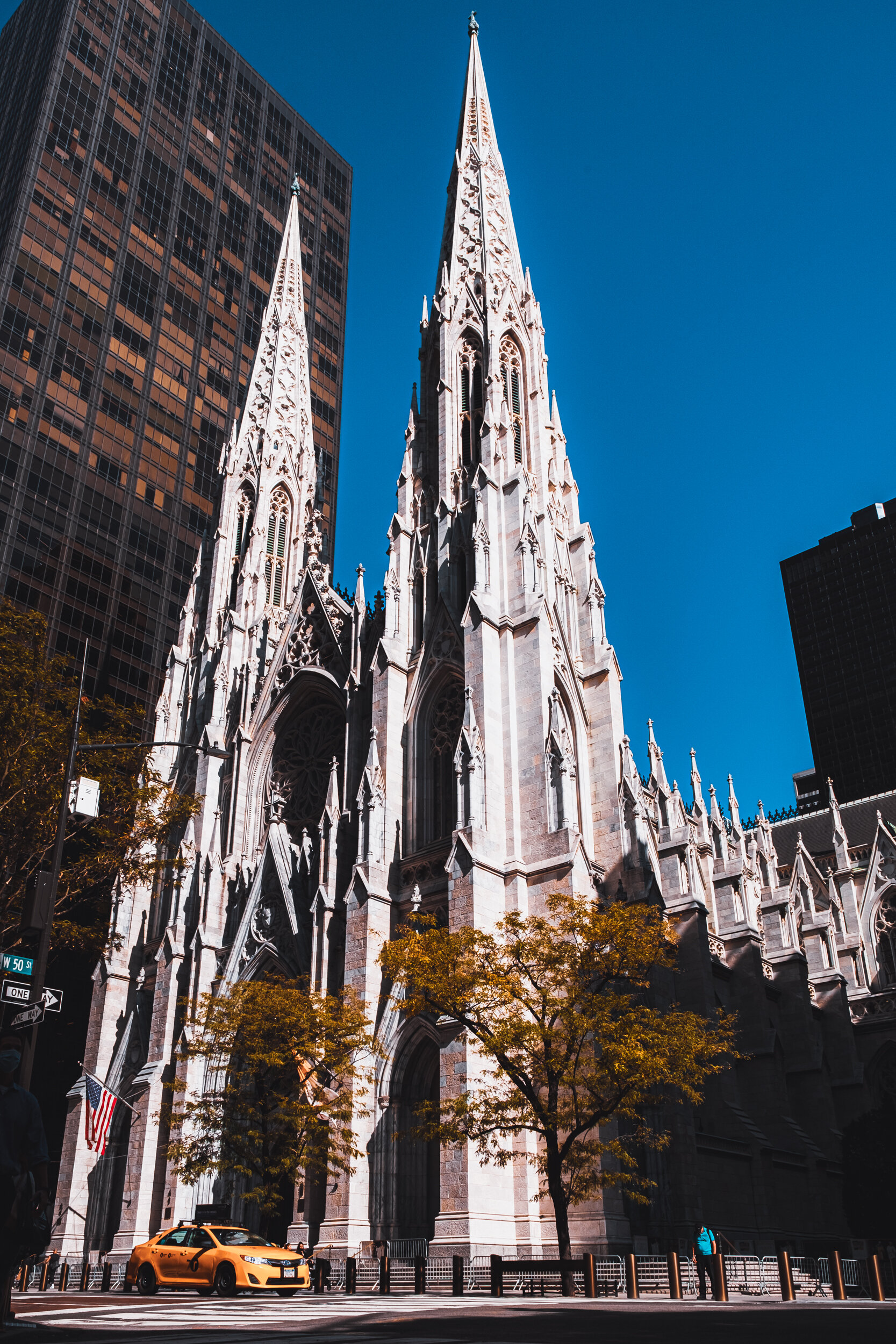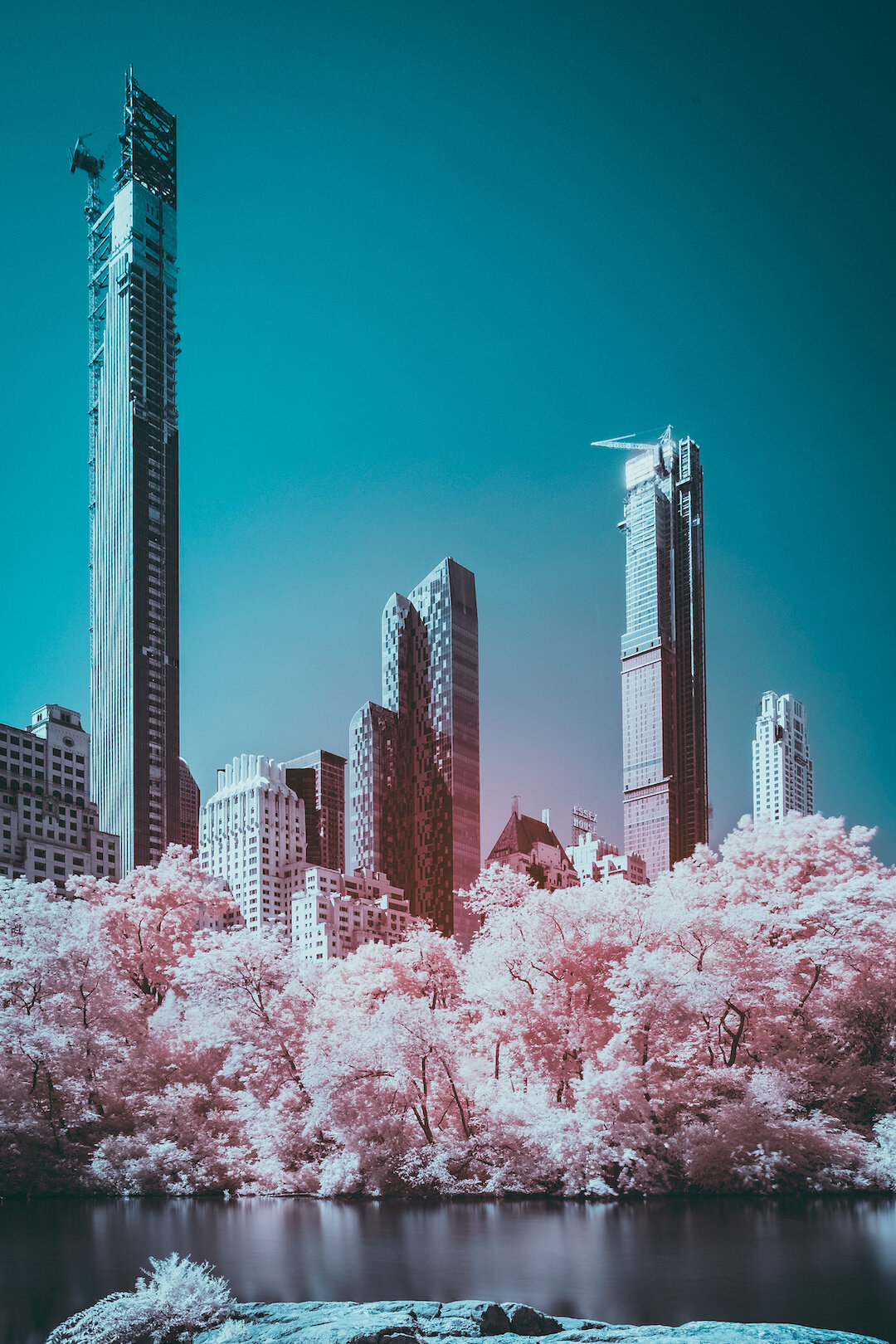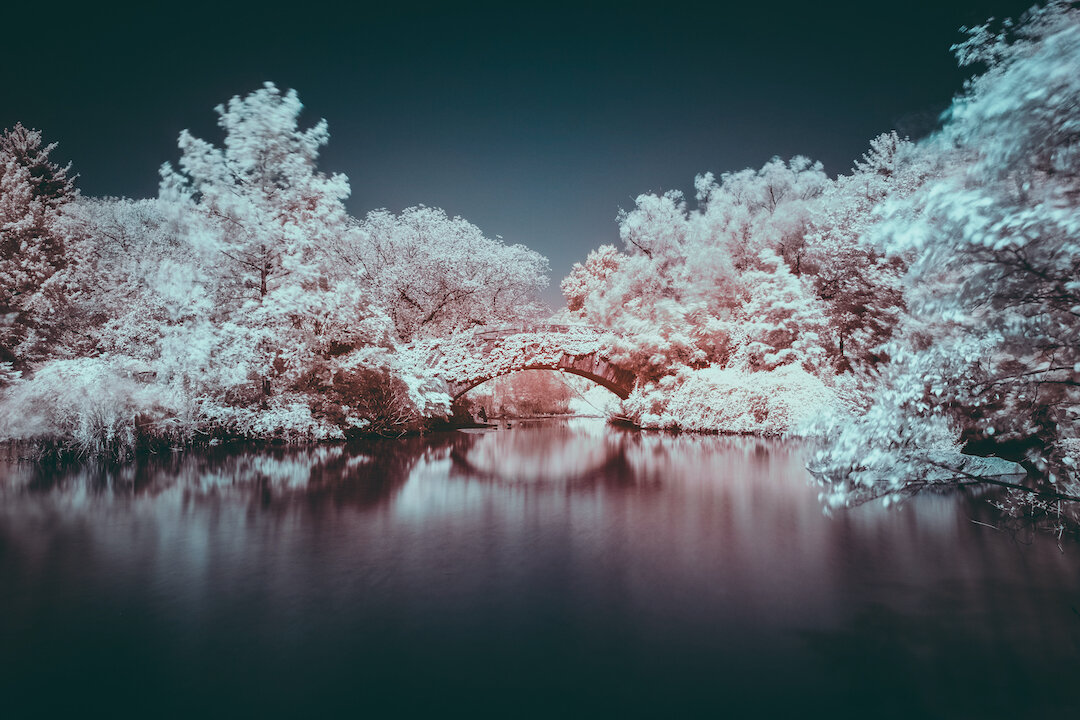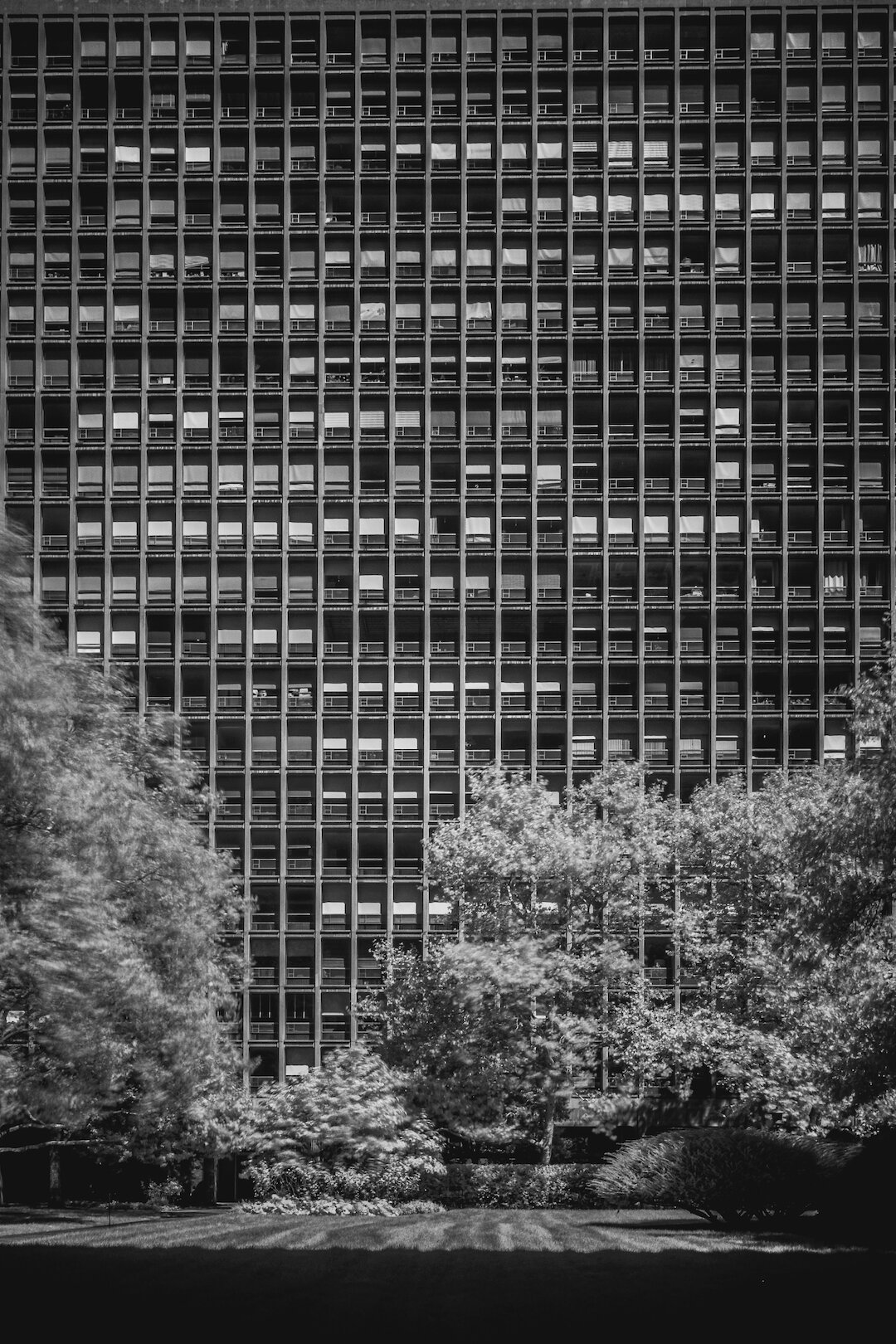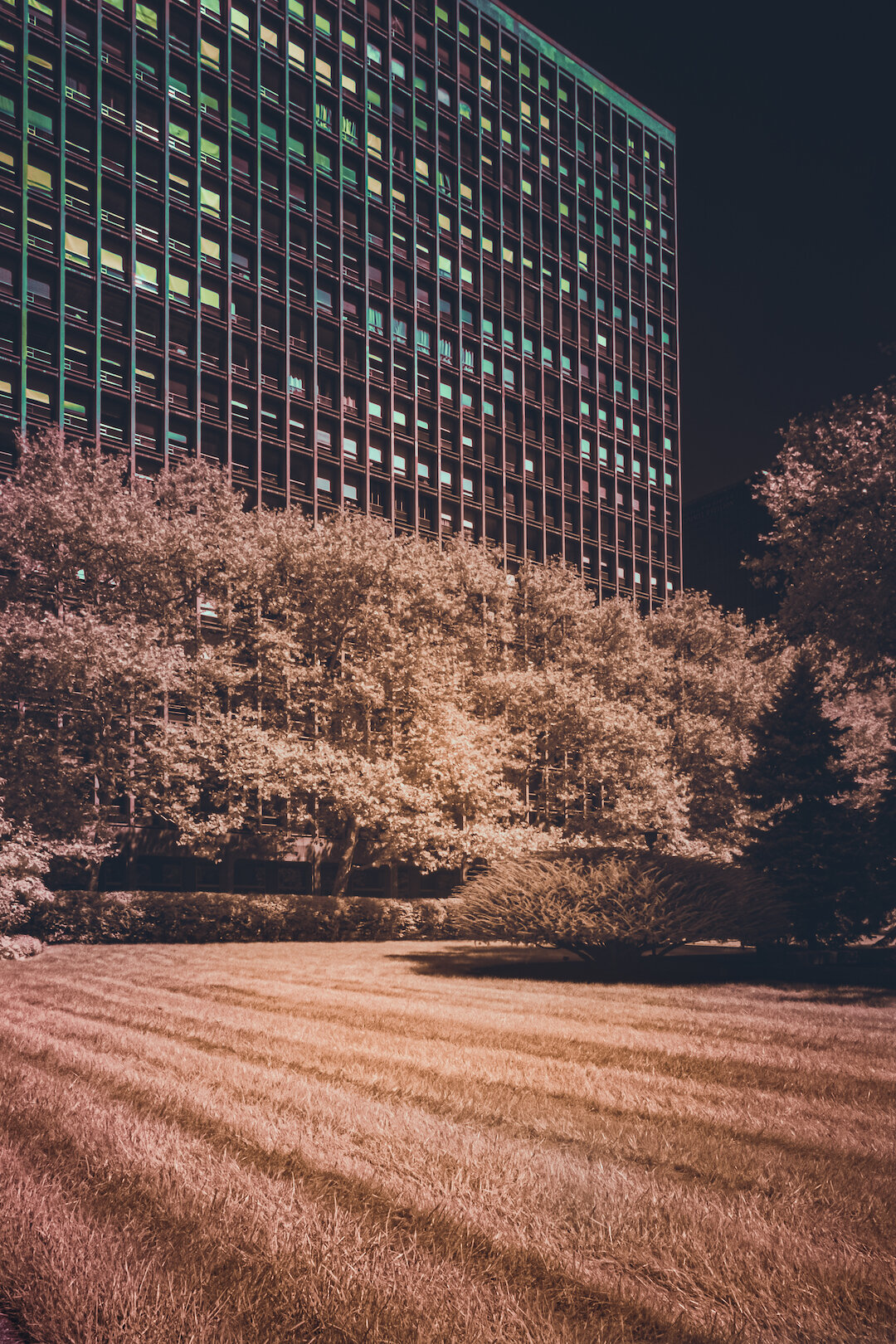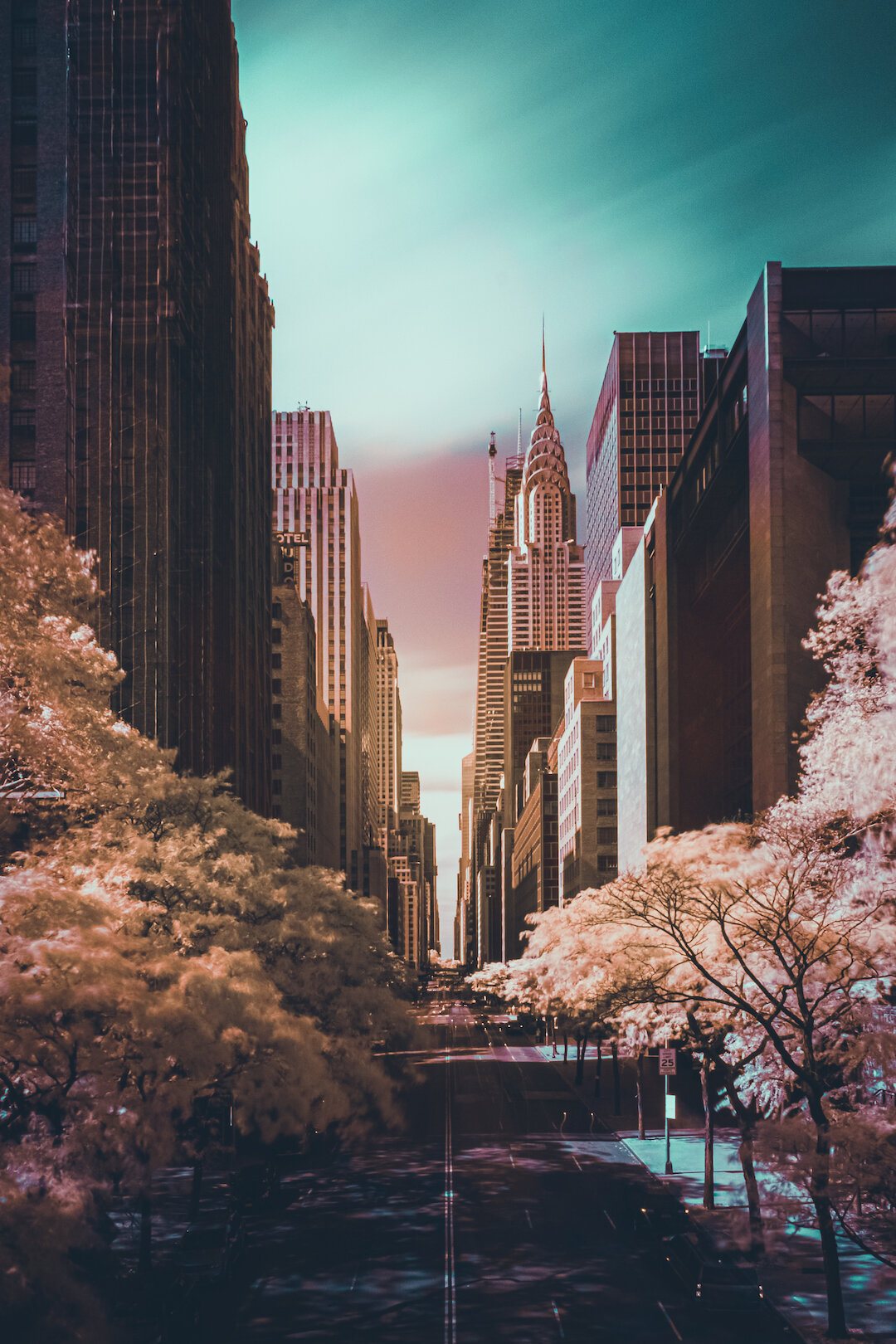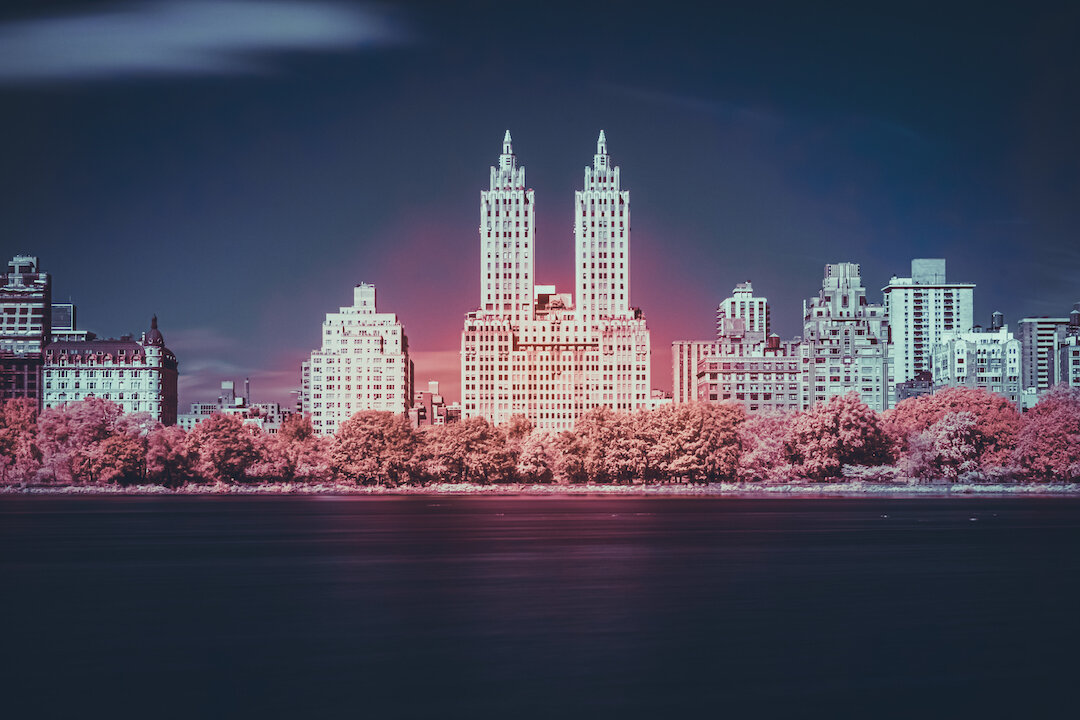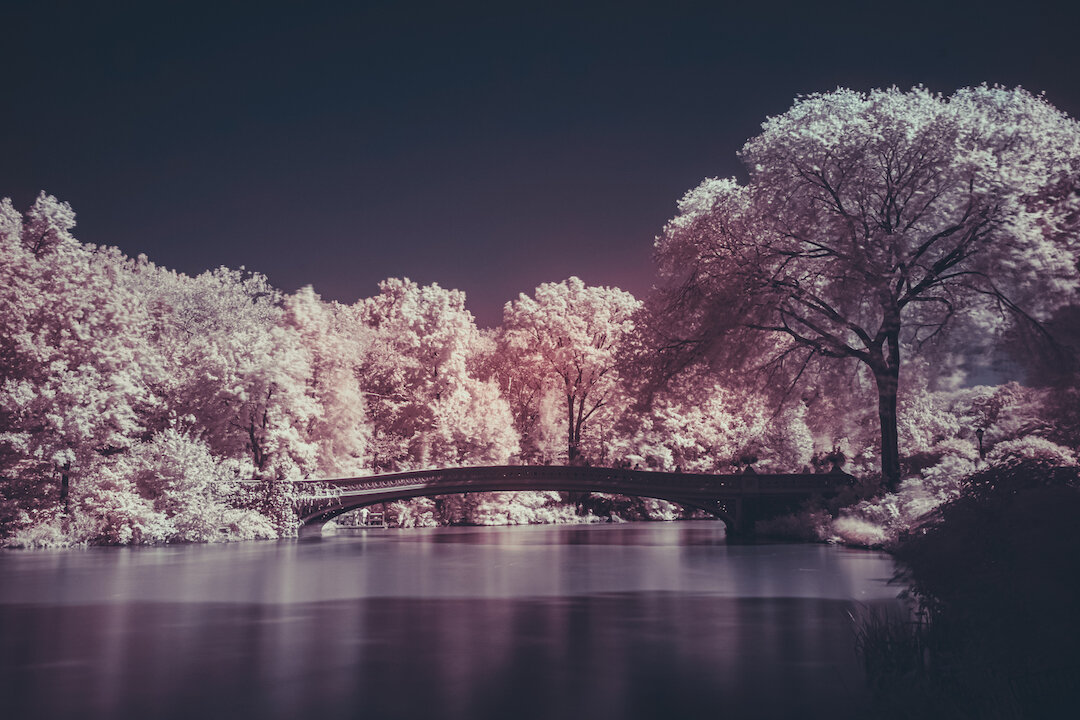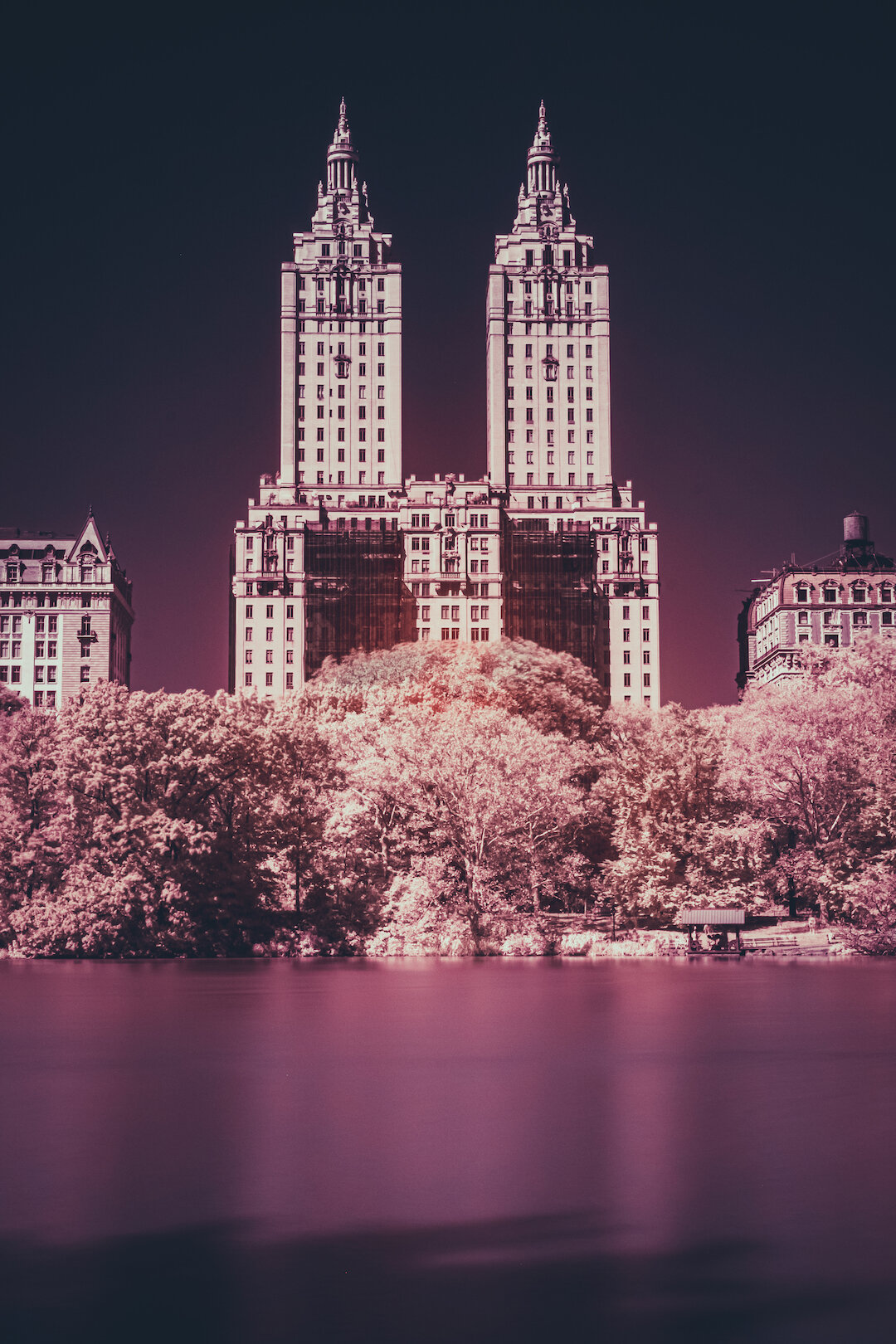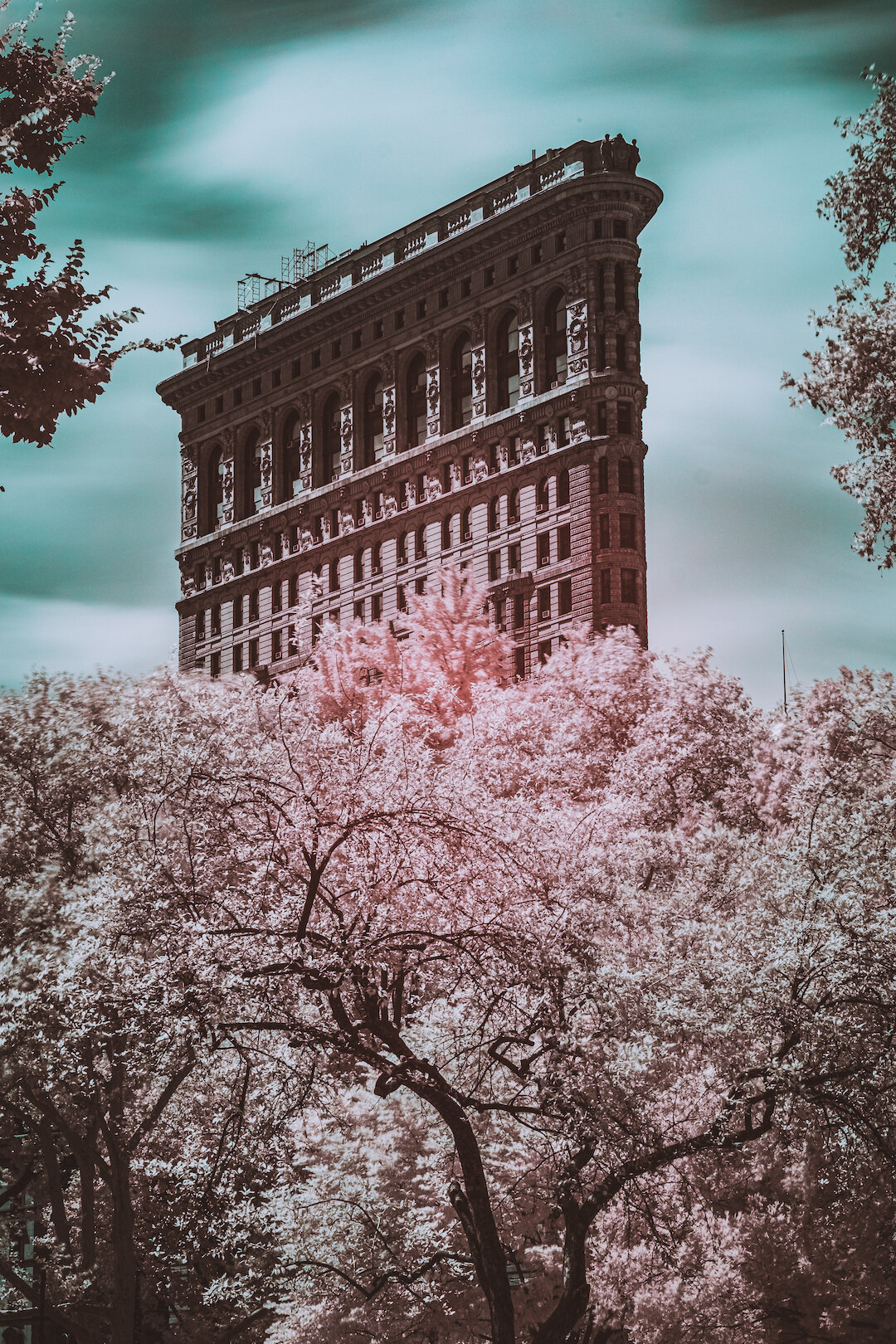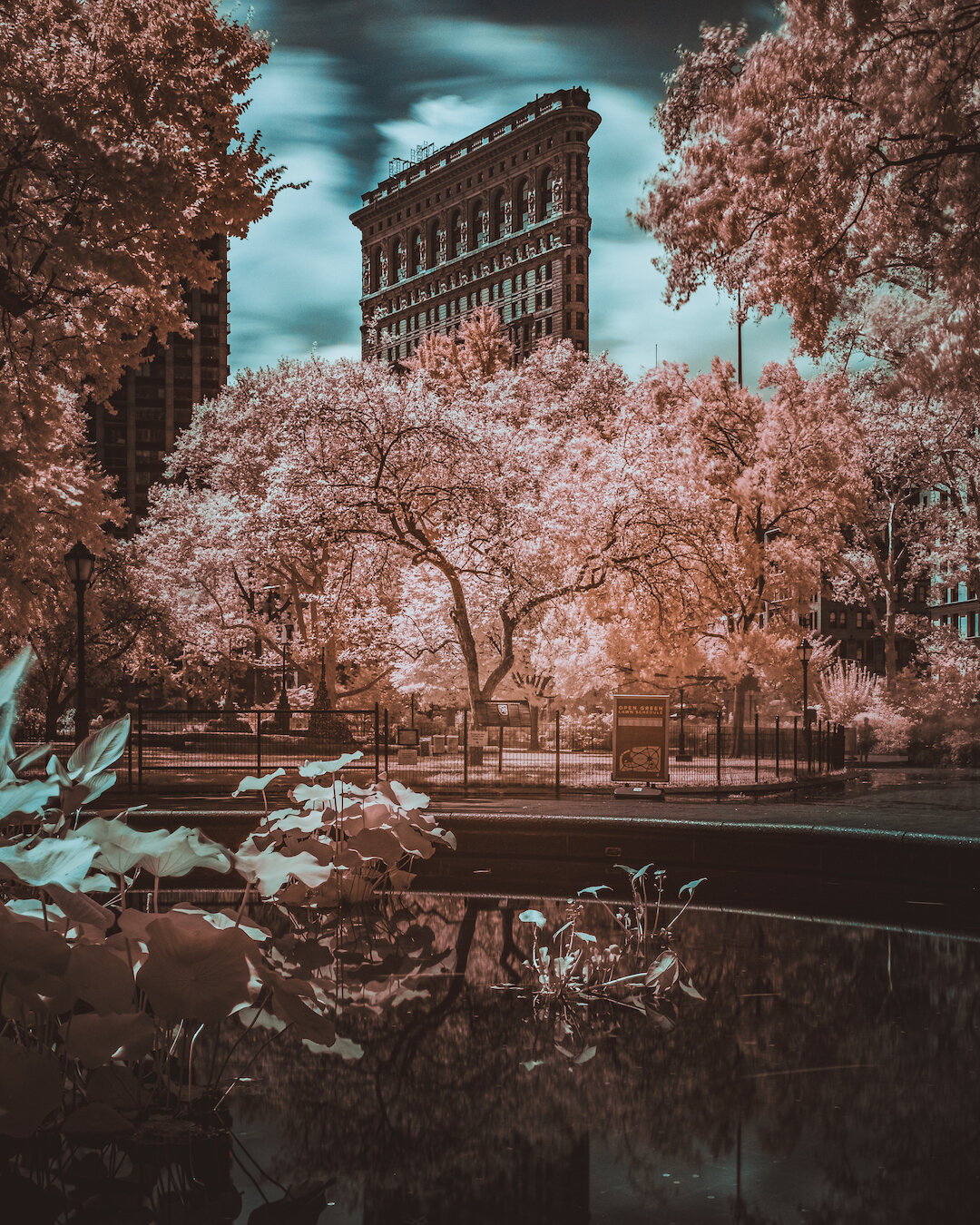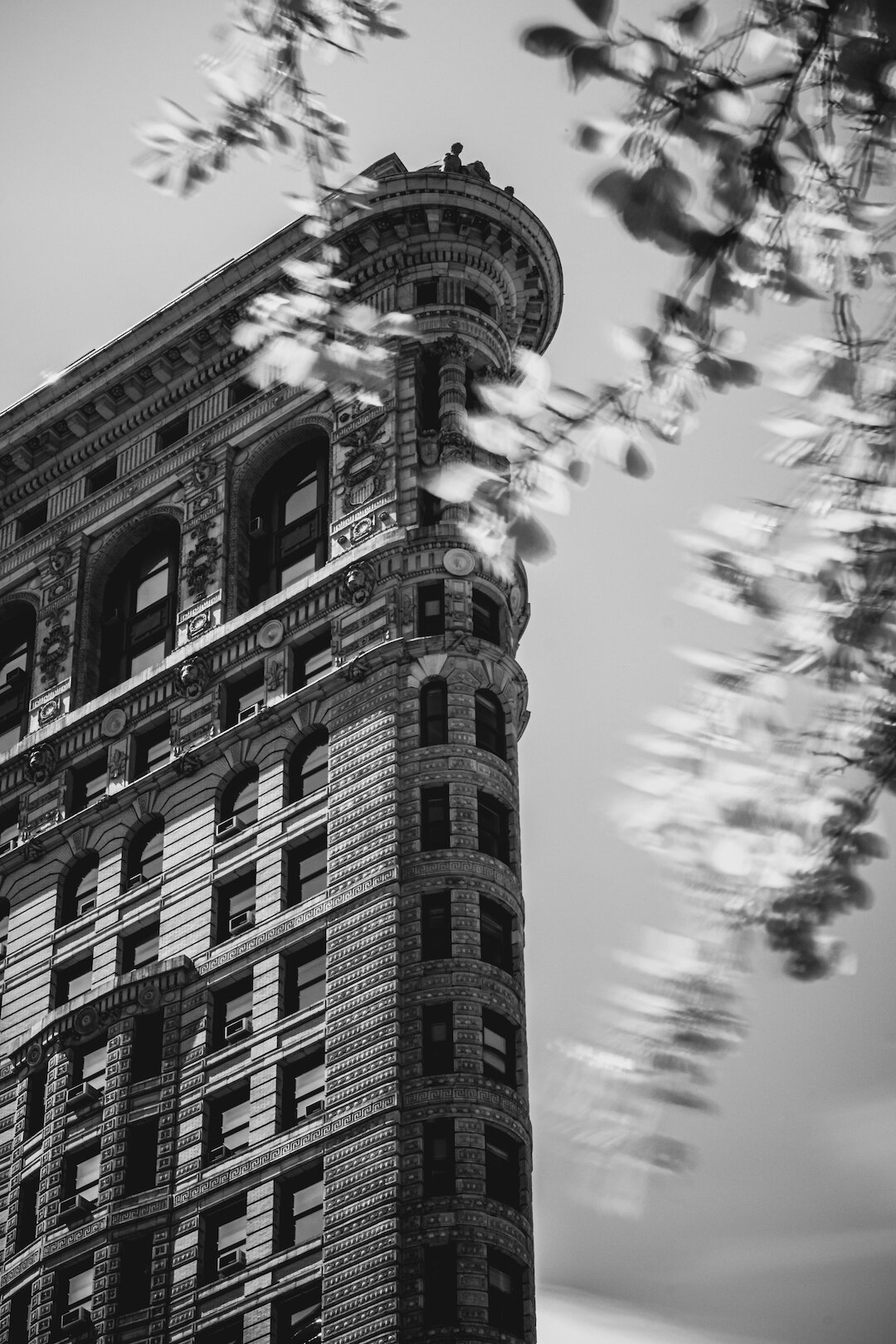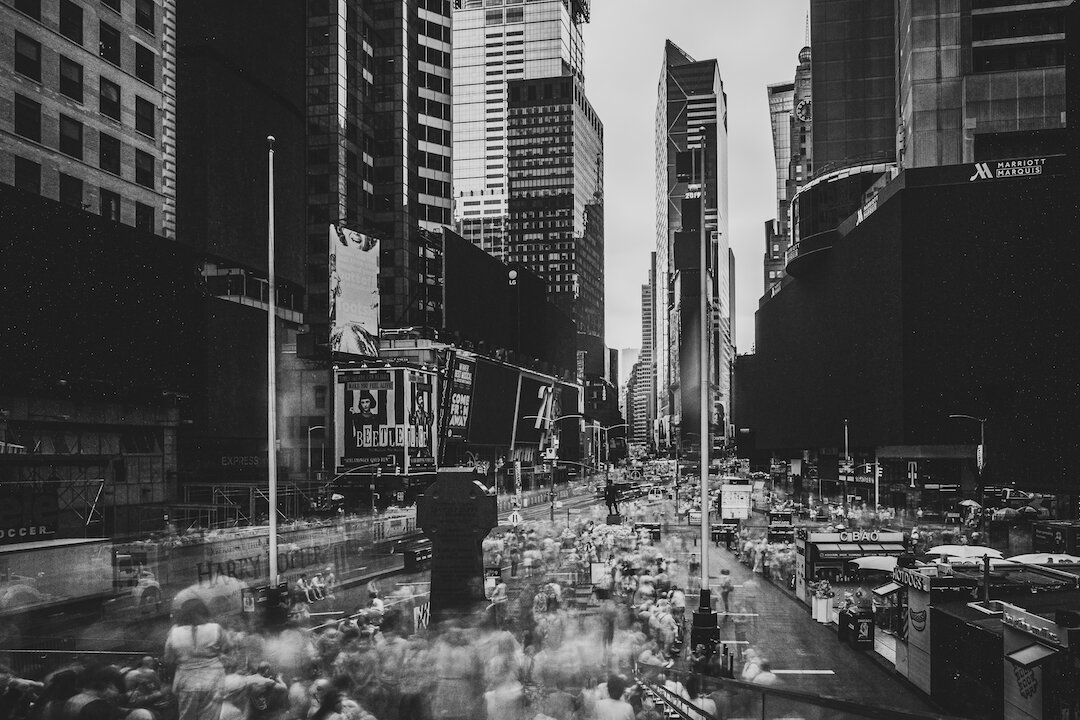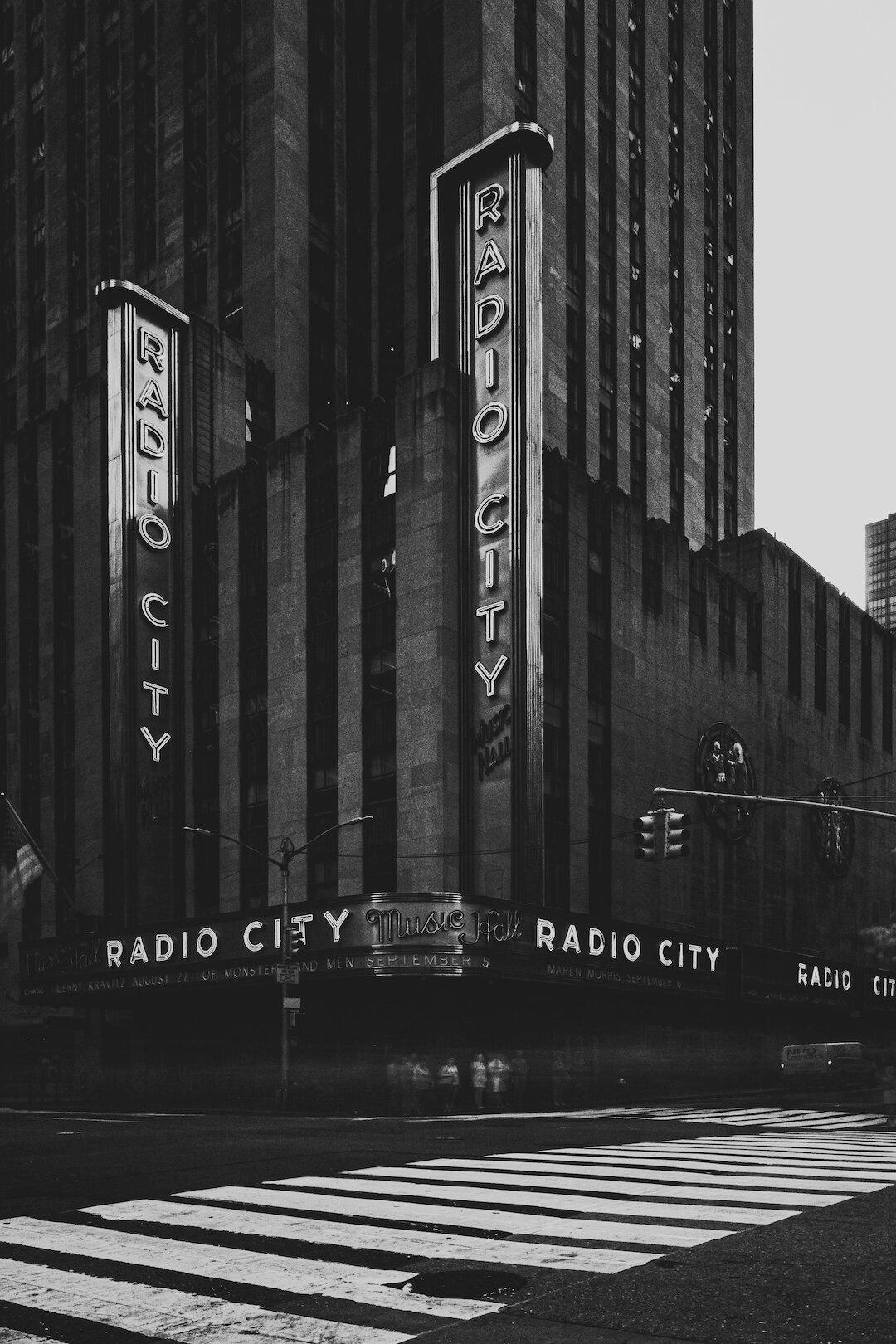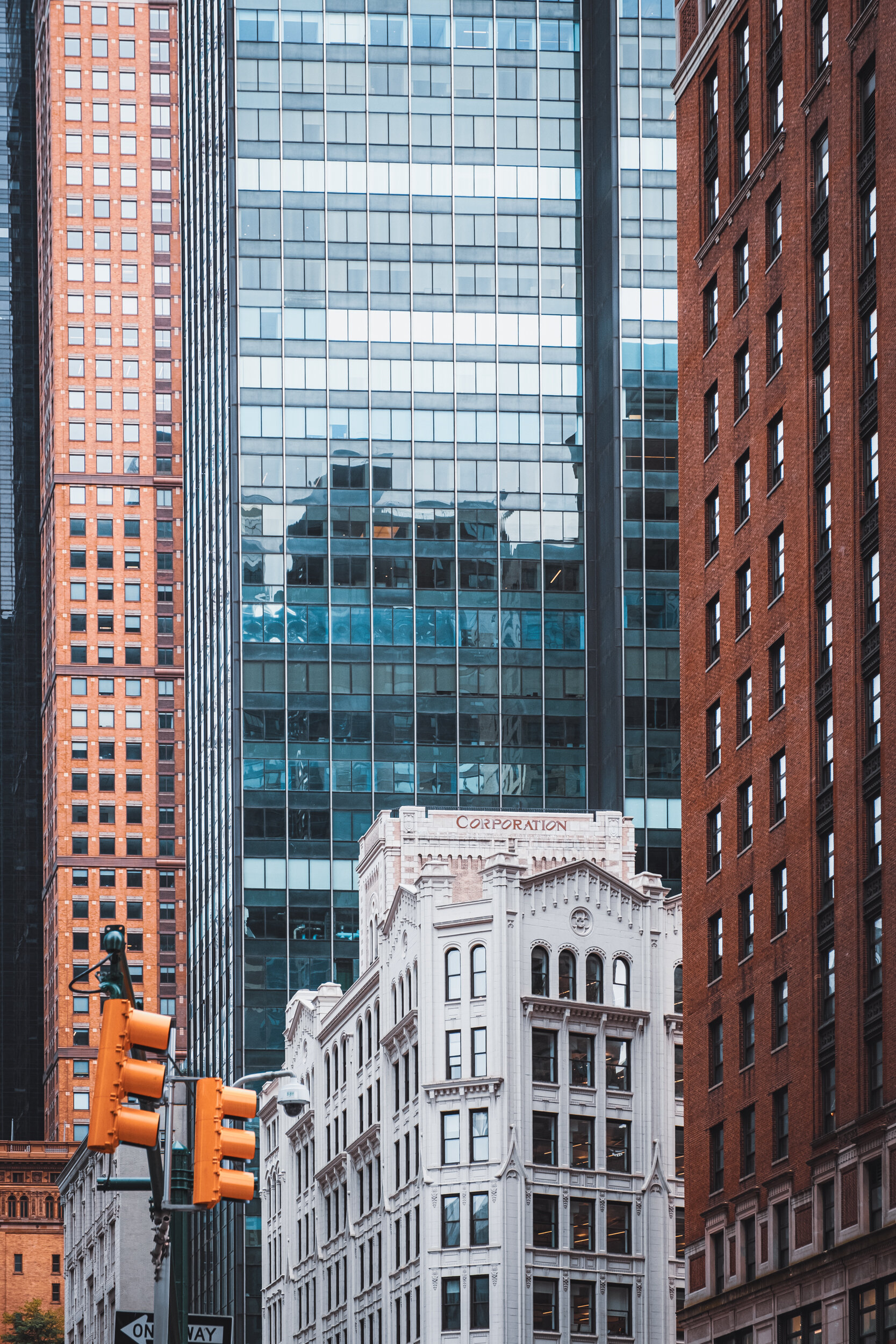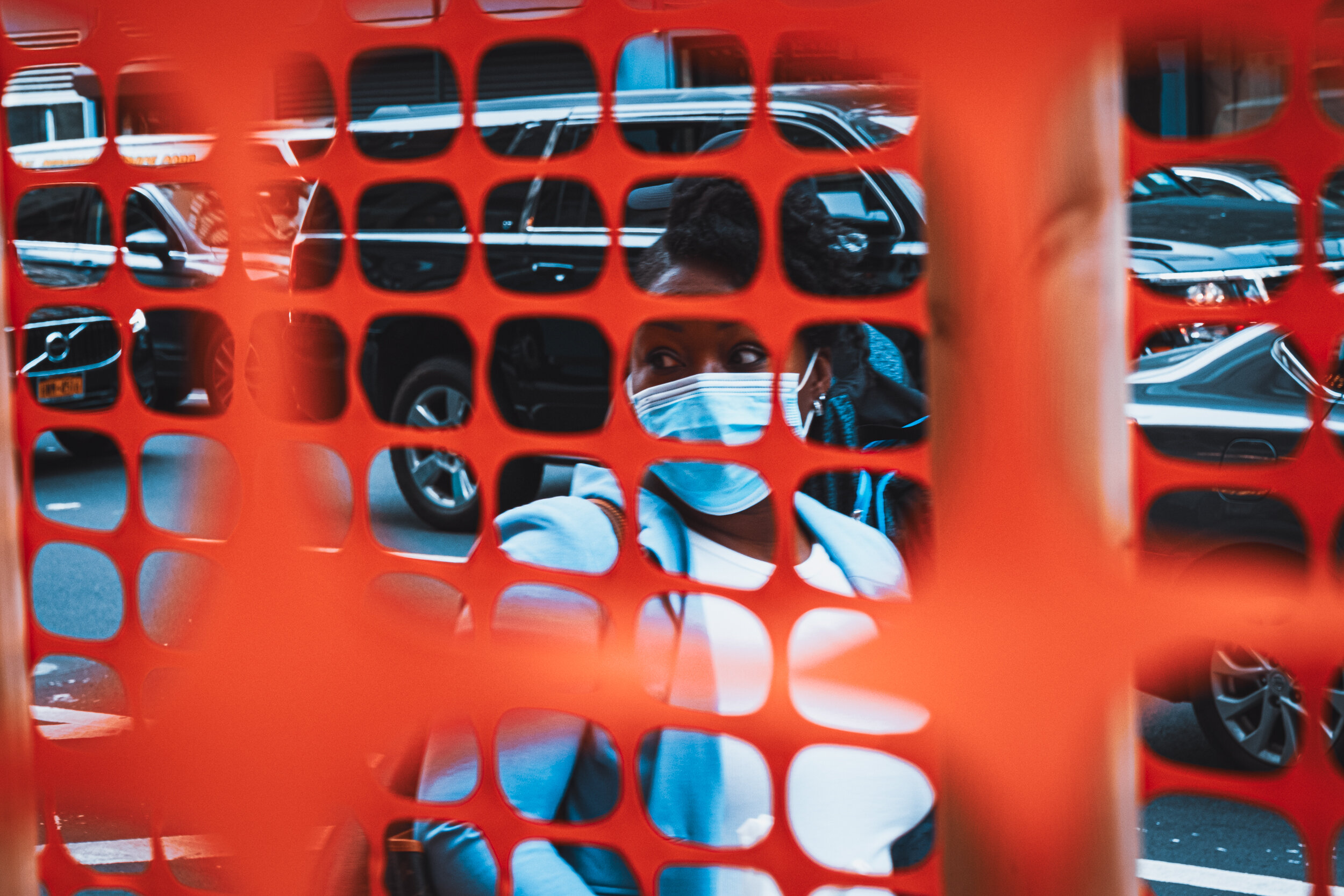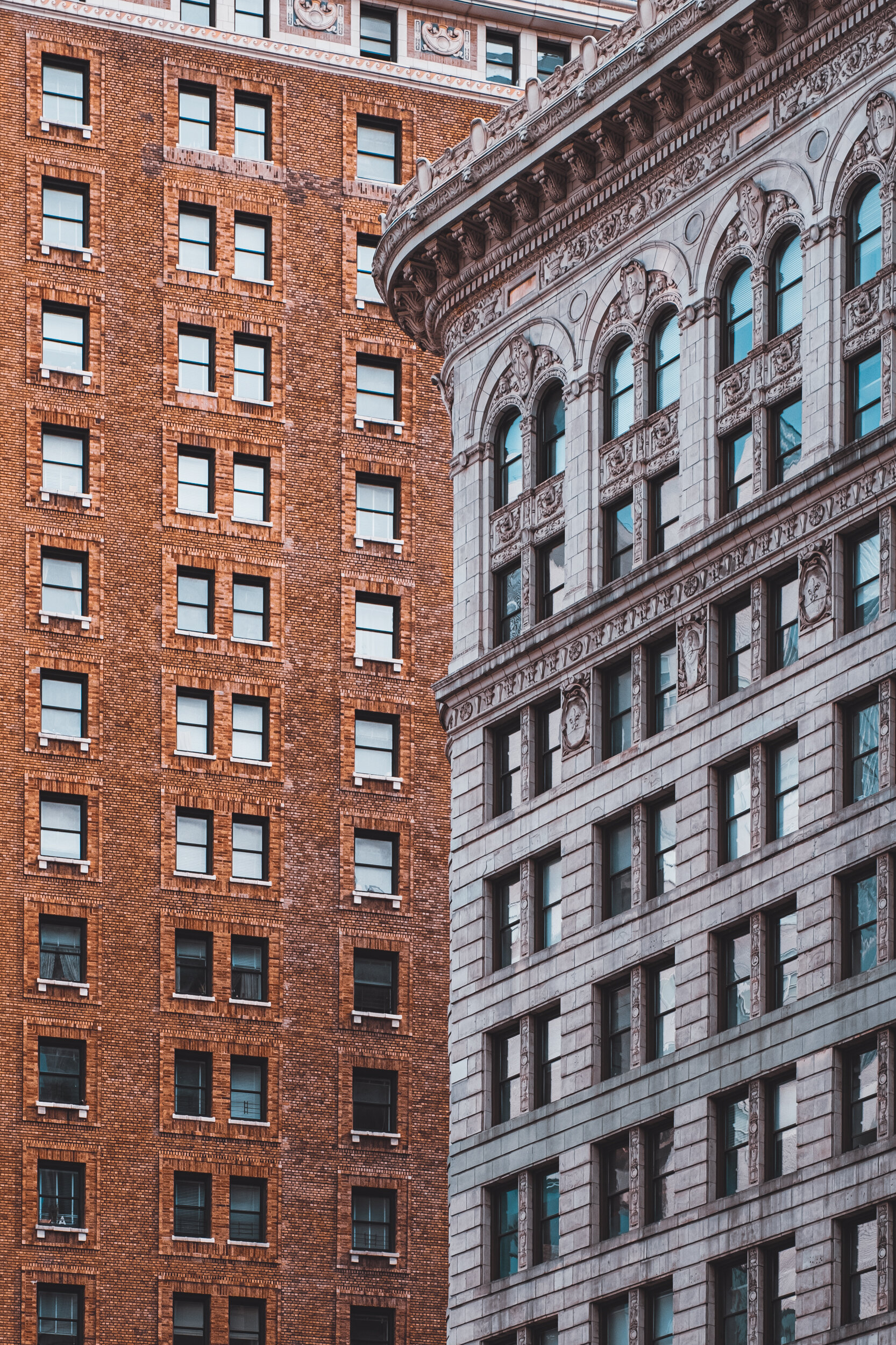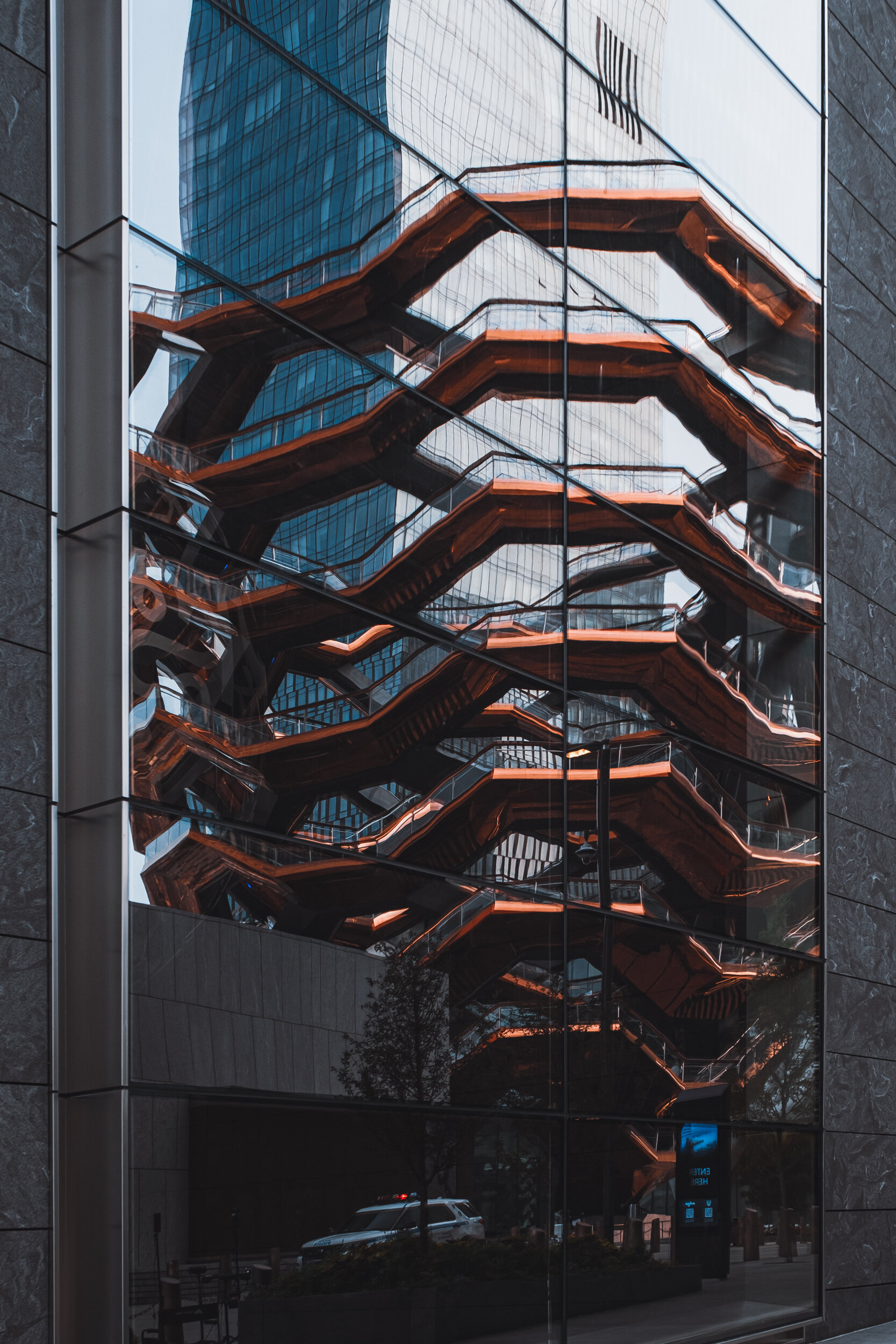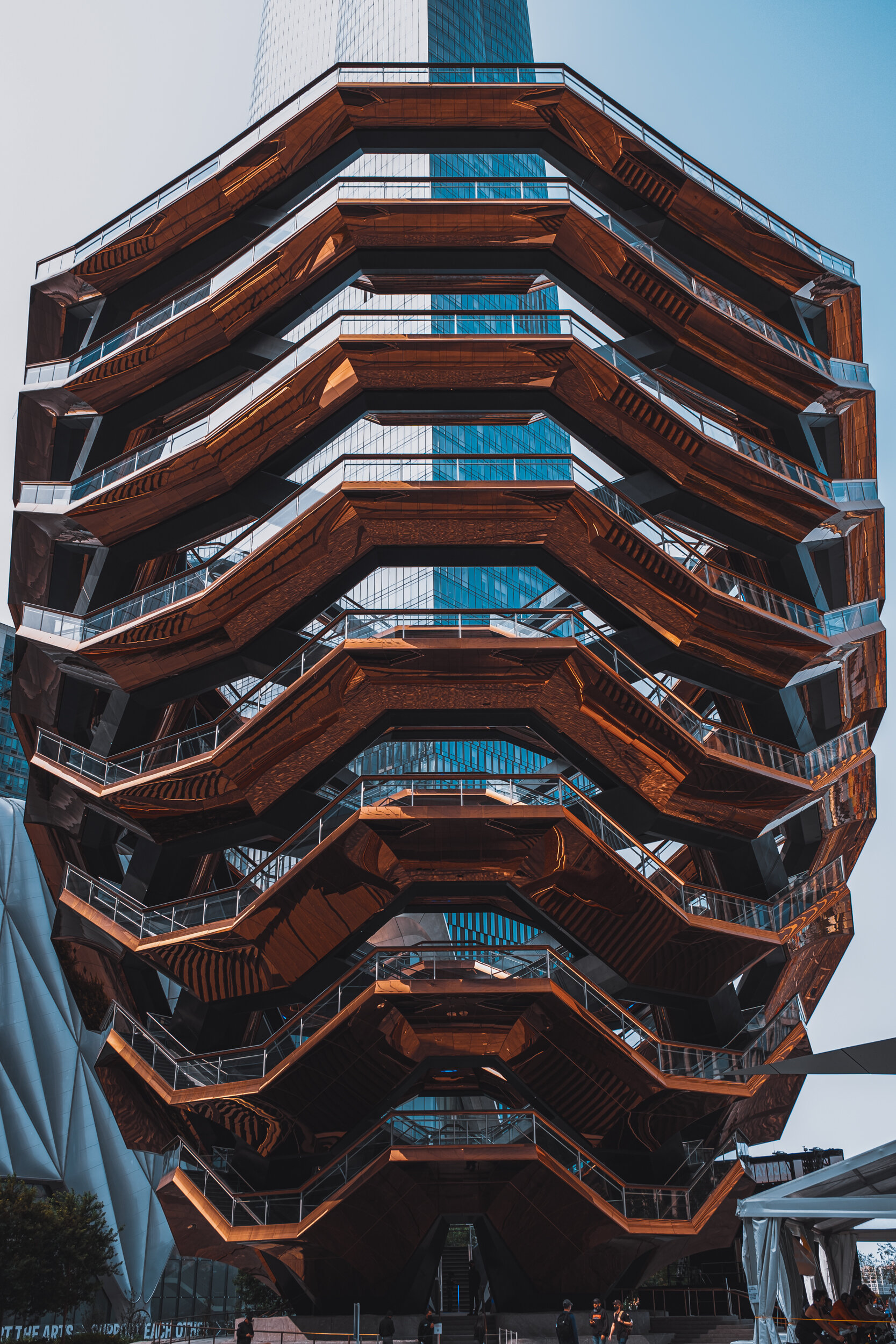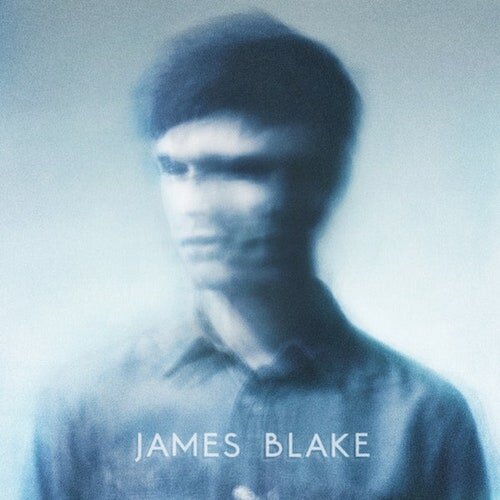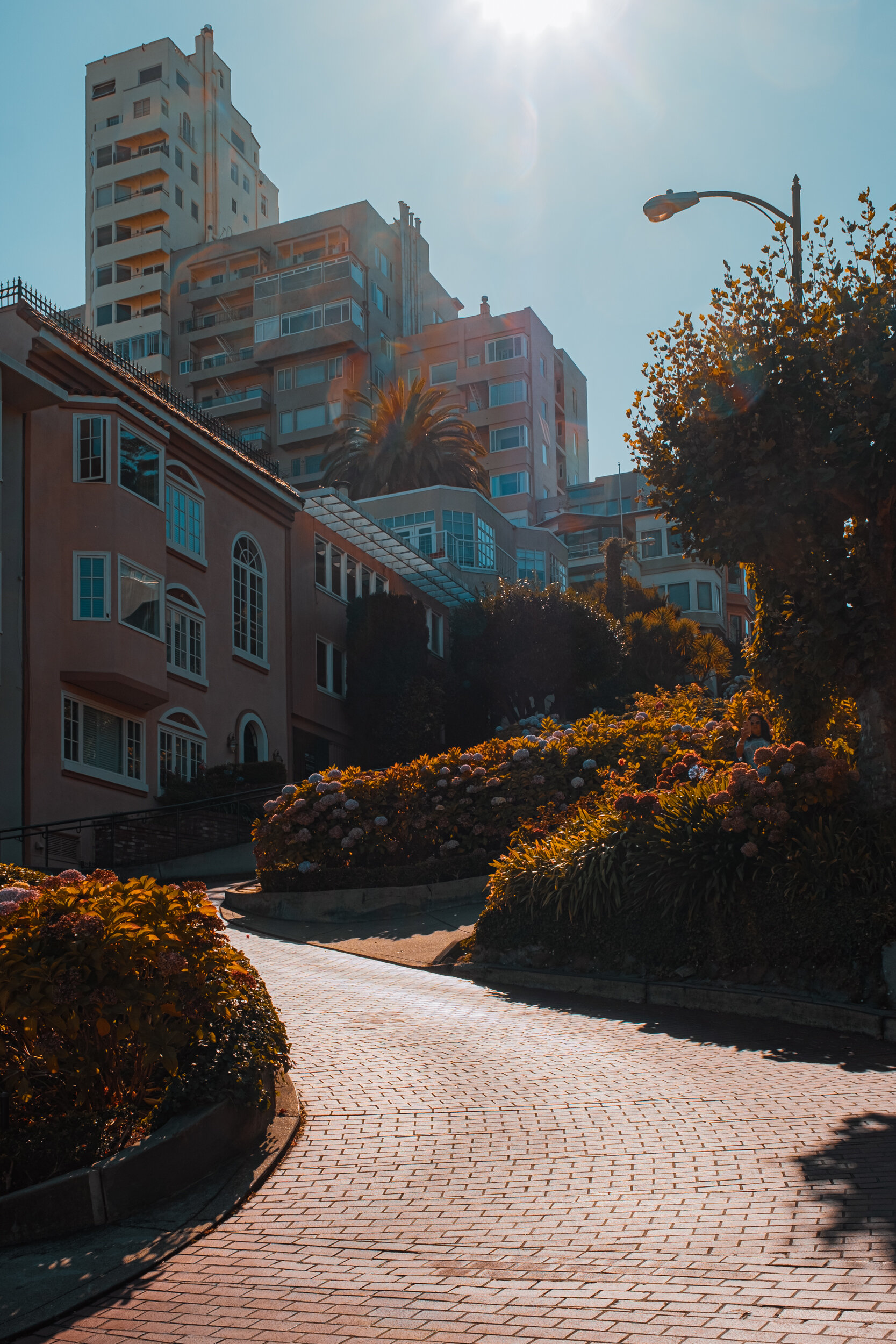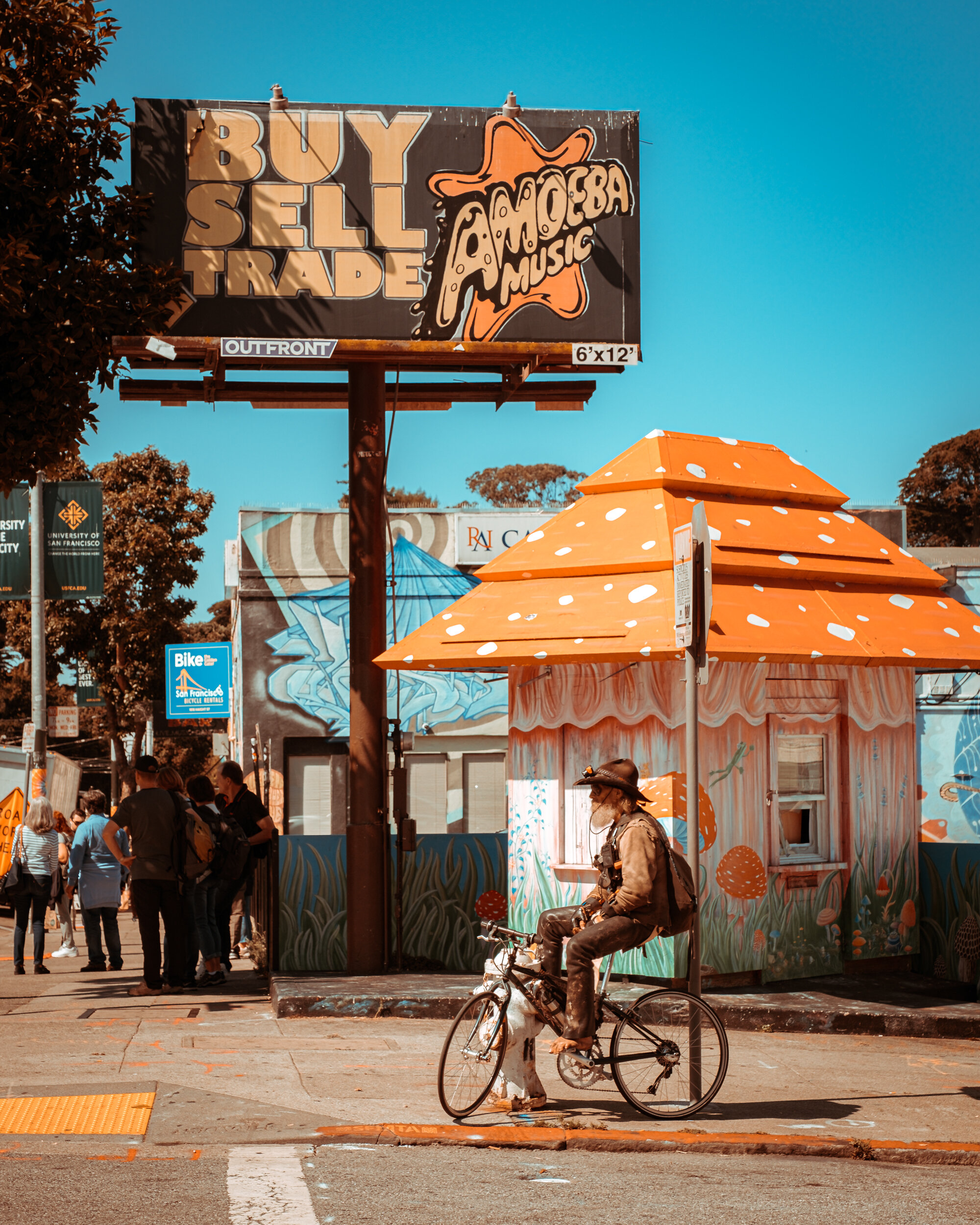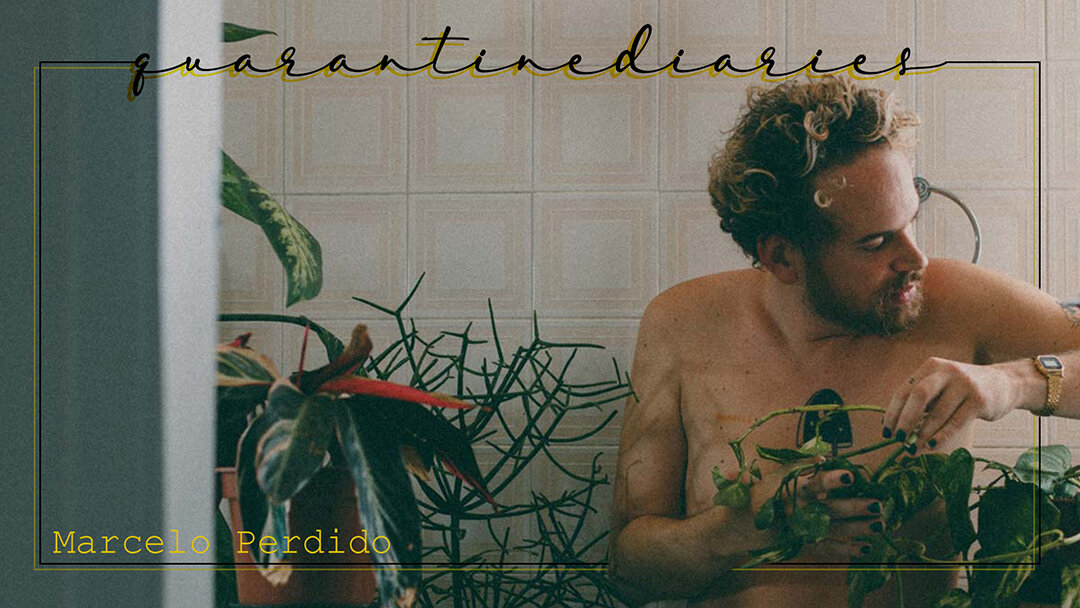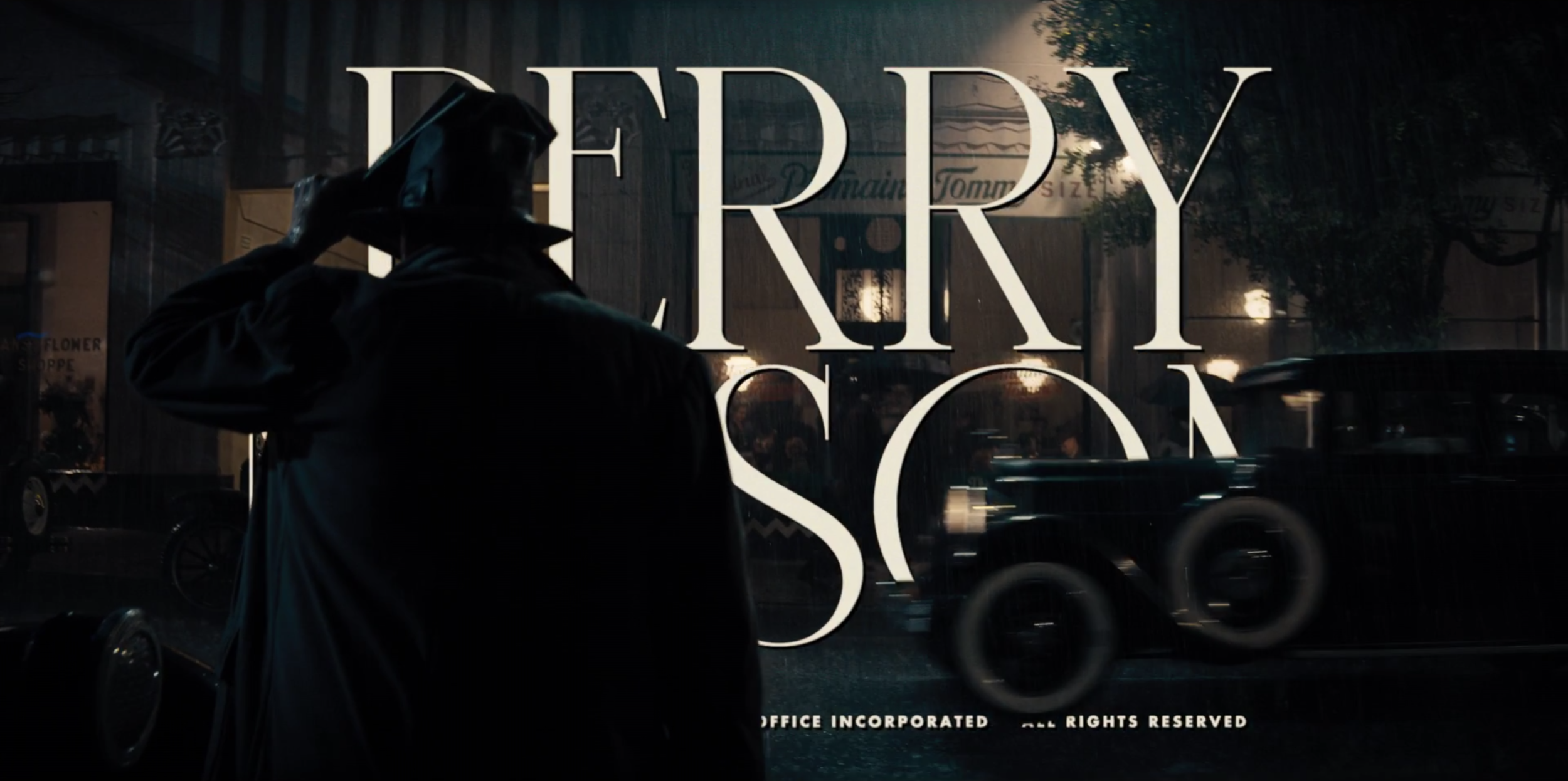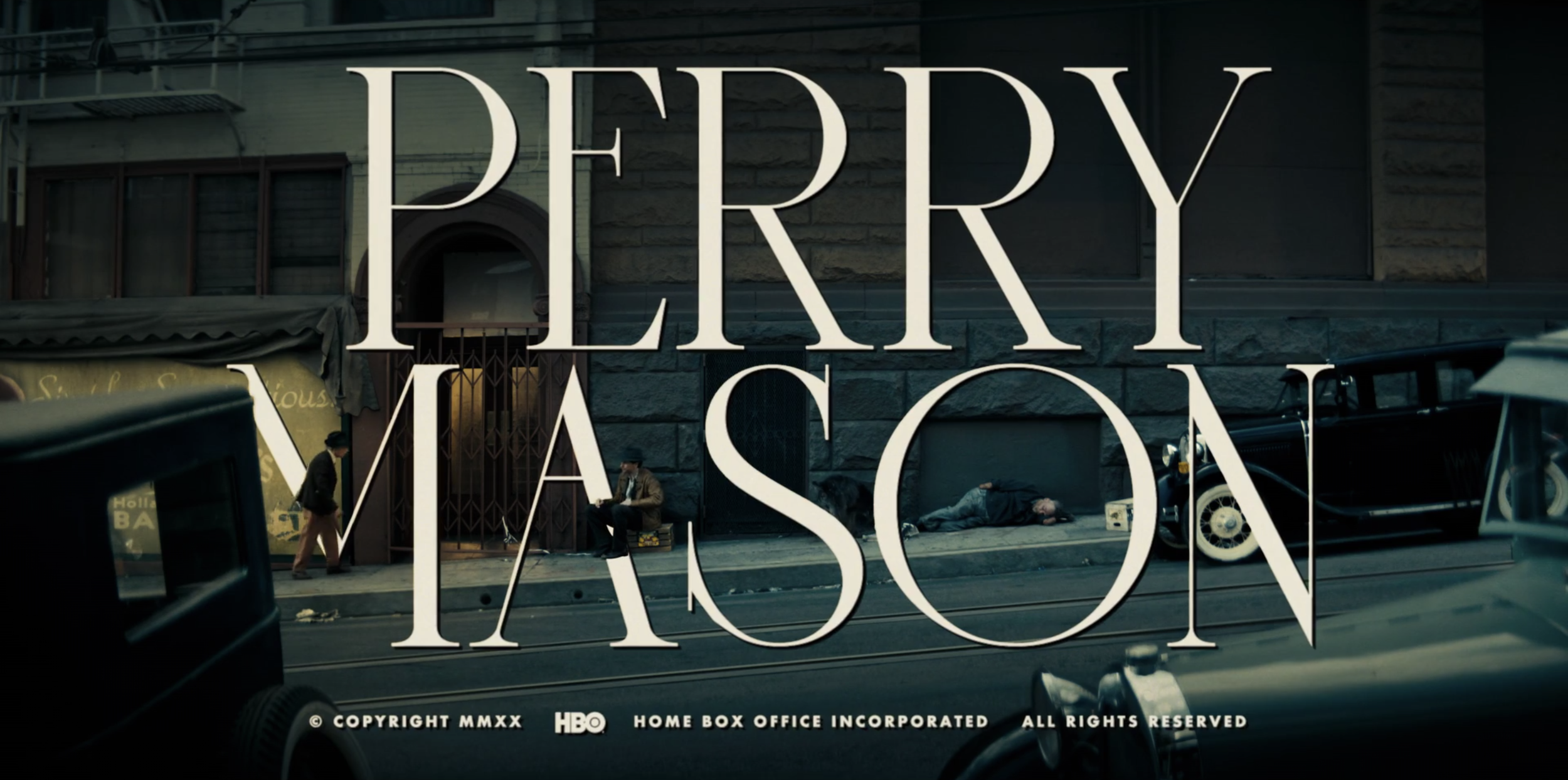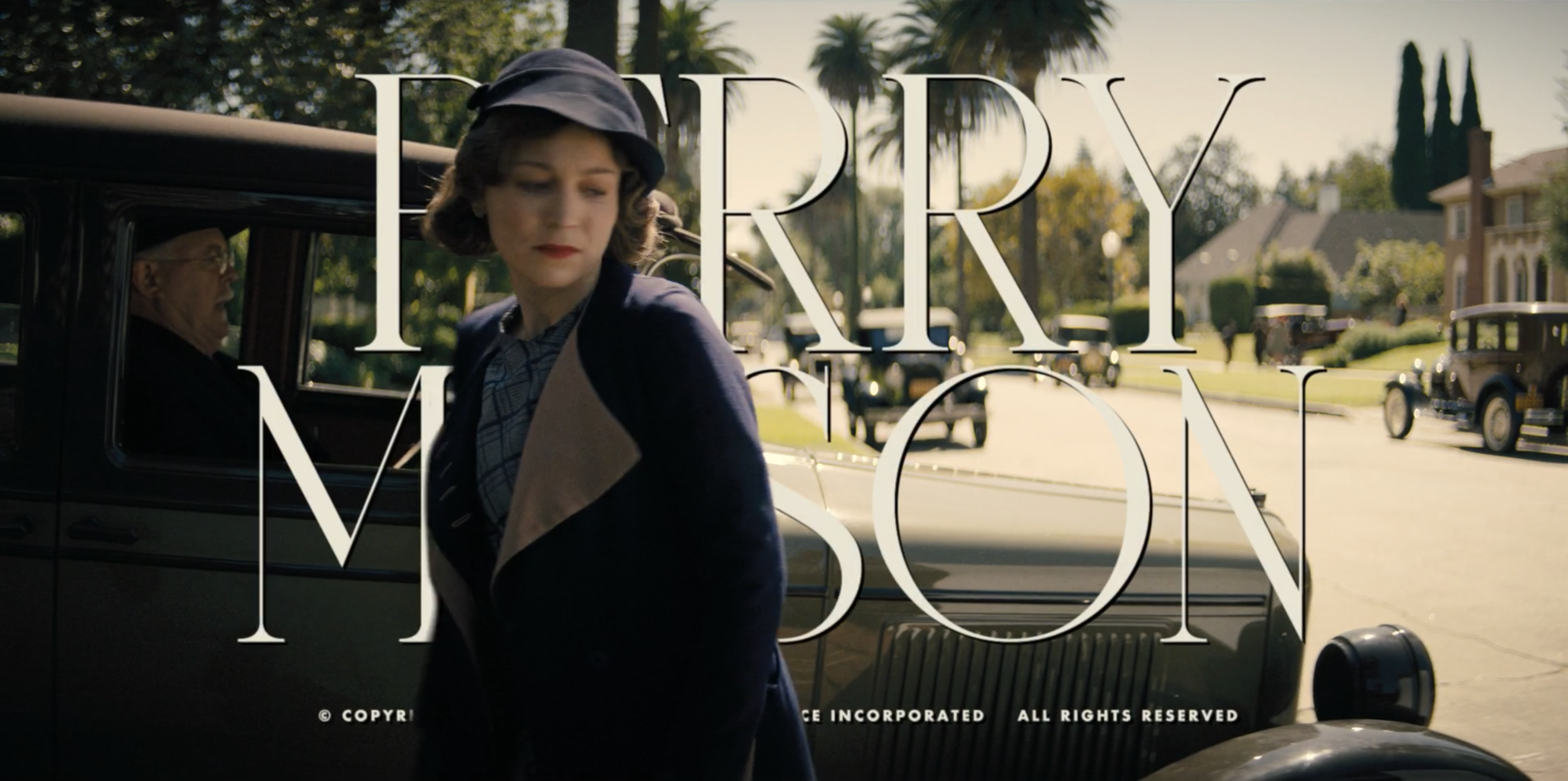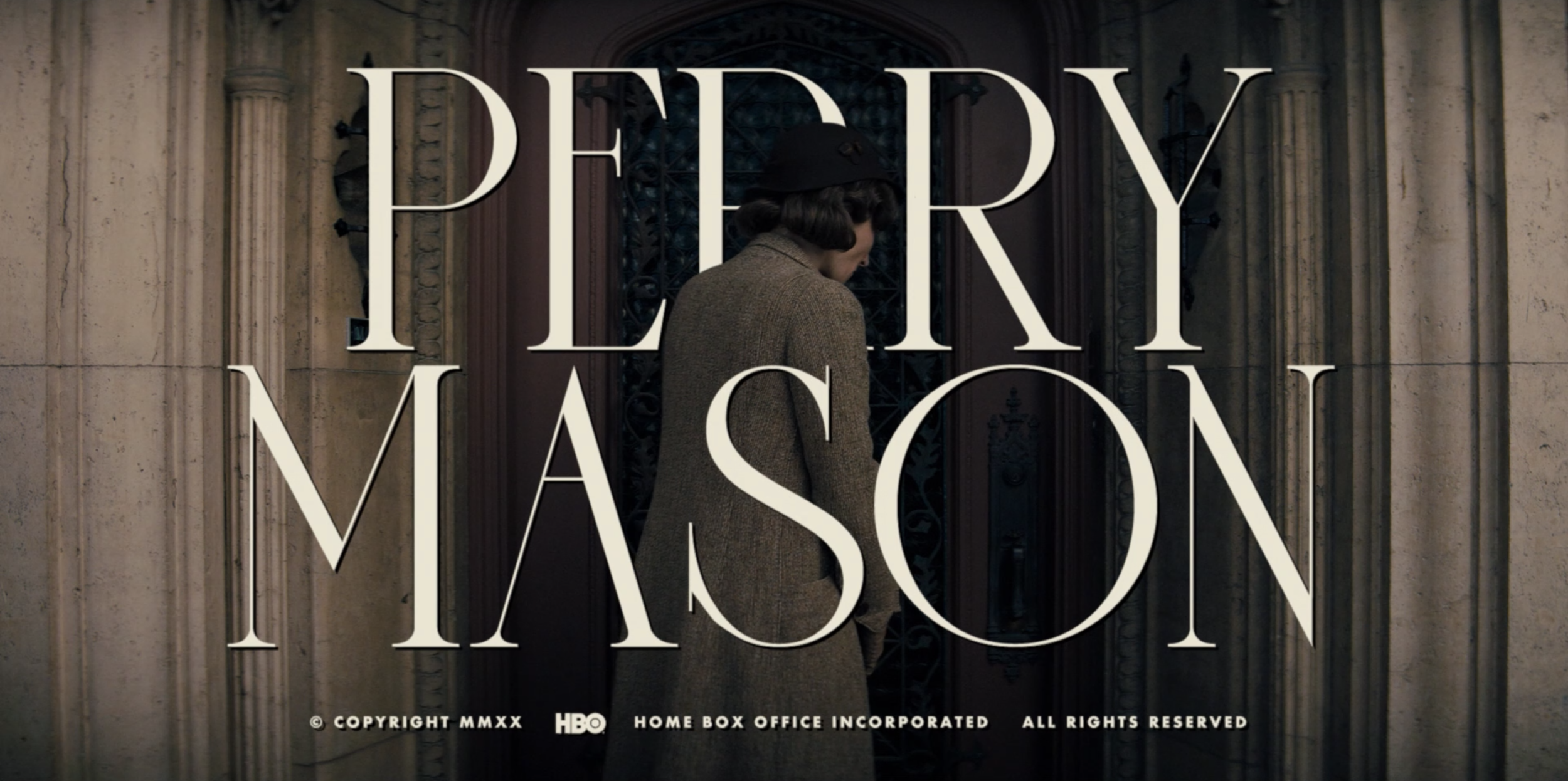» Tell us a little bit about yourself:
I have been a drummer/professional musician for 30 years. Nowadays I live in New York City, but I am originally from Brazil. Since my arrival in the USA in 1999, when I received a scholarship to study at Berklee College of Music, I had many opportunities to play and study with fantastic artists and some of my drum heroes. Since then I have been playing, touring, practicing, and teaching intensively. I recently was nominated to a Grammy as a member of the group/album of the great Eddie Daniels. (Our follow up album just came out in August 2020 on Resonance records). In 2012 the record "The Art of Samba Jazz" from legendary Brazilian pianist Dom Salvador received the Brazilian Music Awards (the most important event of its kind in the country) and I am honored to have played drums on it, and also to have assisted Salvador on most aspects of the production. I am extremely grateful and honored to have worked with very important artists in different fields/styles, and many of them are idols of mine: Hiromi, Eliane Elias, Toquinho, Prasanna, Eddie Daniels, Lee Ritenour, Dave Grusin, Esperanza Spalding, Keiko Matsui, Richard Bona, Paquito D’Rivera, Richard Galliano, Cristina Pato, Chuck Loeb, Romero Lubambo, Chico Pinheiro, Cláudio Roditi, Eldar Djangirov, Ivan Lins, Carmen Souza, Rosa Passos, Dom Salvador, Cidinho Teixeira, Toninho Horta, and many others. One of my favorite things to do is to work in the studio - I have played on more than 100 albums so far. Besides my work as a "sideman", I have 2 albums under my own name, where I wear many hats: producer, arranger, composer, and drummer: 7 LIVES (2009) and UPSIDE DOWN LOOKING UP (2017). Some other collaborations of mine include DIG TRIO (2003) with guitarist Gustavo Assis Brasil; MOZIK (2011) with pianist Gilson Schachnik; and GLASSES, NO GLASSES (2014) with bassist Amanda Ruzza. In 2018 I ended up as a finalist in the 23rd USA Songwriting Competition in two different categories, with songs from my latest album.
I also have worked extensively as a teacher and educator, and I've had the privilege of performing clinics, workshops and also working as a teacher in several music education programs in South America, the USA, and Europe. You can find out more information about my career, my music, and projects by visiting my website.
» How did the quarantine affect your work?
It has been a very difficult time for all performing artists. All our activities came to a pause: no touring, no playing concerts/shows, no traveling, etc. So for the most part I have been at home planning activities for the future, and taking some time to learn/experiment with important skills I need to improve - recording at home, mixing, composing more, video editing... I ended up not having access to my instrument (drums) until last week, so I stayed around 5 months without really playing, I had to invent ways to keep practicing, and maintaining my hand technique and musical mind active. After the first 40 days or so, it also became obvious that I needed to watch what I ate and I tried to keep exercising at home, adapting from my exercise routine at the gym. Easy to talk about, but hard to do!
» Did you have any big plans for 2020 that you had to cancel or postpone it? what was the impact?
I was planning on working on a series of original songs, produce them, record everybody, and film it all, but I got sidetracked many times during the quarantine. Other ideas came along, other projects, and other collaborations. So it has been actually quite busy and interesting, but I had to let go of some of my plans from earlier in the year. I guess it will all get done, but not as I planned initially. I also had several touring and recording projects that got canceled/postponed, like most of us. Once things get a bit more under control, I am positive that these will happen again.
» Since quarantine started, did you start any new projects, pick up any new hobbies, develop new abilities, etc?
Yes, as I mentioned before, since I was more at home and had more time, I started working on some skills that we all need for producing materials and online content. So I have been creating more videos for my youtube channel (and learning more about video editing), including a series called "DRUMMIN'VENTIONS". These are videos based on an improvised drum solo that I bring home and write some music later to match what I played on the drumkit. In fact, in 2016 I posted my first video for this series, and you did the filming, Leo!!
I had the opportunity to collaborate with several artists doing "quarantine recording sessions", which consist of everybody recording audio/video from their homes. I didn't have access to my drums, but I had my Cajon and some hand percussion. I had a blast doing many songs for many artists friends.
I have been practicing piano a bit, and writing some new music to try to move my new original music project along... so hopefully, some new music with my group will come out soon too.
» If so, is there anywhere online we can see what you've been up to?
Yes! My website has drum play-along versions from some of the DRUMMIN'VENTIONS video series, so drummers can have fun interpreting the songs their own way. The full series is on my youtube channel. I also recently finished editing the videos from my CD Release concert from 2018 from Blue Note in NYC, so you can watch the whole show there. I'm constantly posting new materials on Youtube, Instagram, and Facebook, so please follow me if you'd like more info and if you want to check out some of the above-mentioned projects/recordings.
» Any advice for people who are losing their minds and looking for new things to do/try?
It's been very challenging to keep ourselves calm and sane... I think that doing things we like to do and trying to keep a small sense of normalcy in our lives can be helpful. In the beginning, I think that most of us created a list (physical or in our minds) of things we needed to accomplish while quarantined.... most of us didn't include sleep, eat right, exercise, meditate, read, relax, go for walks, etc, etc... so pretty quickly we burned out! (I know I have) So it's important to listen to our bodies, and be gentle with ourselves and our priorities... It's great to have time to get some stuff done, but since we are all under a lot of stress right now with the pandemic, our economical and financial insecurity, and we are all confused about how all the different industries and the economy will move on from now, we have to take some time and enjoy the small things, while we learn about the future. Keep calm, and stay healthy.... most importantly. We can't do anything if we are not healthy. Video call friends and family often and keep in touch with your loved ones.
» Any tips on music to listen, books to read, film/tv shows to watch, anything like that?
For our Portuguese speakers, I recommend Valter Hugo Mãe, he's incredible. I am not sure how much the translations to other languages will capture the beauty and virtuosity from his Portuguese originals. Brilliant writer. I read "O Apocalipse dos Trabalhadores" e "o Filho de Mil Homens". Very dense, rich characters, and wonderful prose.
I read Brené Brown's "I Thought It Was Me (But It Isn't)" and enjoyed it a lot. Her Netflix special is brilliant as well.
As for music, I recommend Bill Bruford's Earthworks from circa 1999-2004, one of my favorite modern jazz groups. Bill's drumming is fantastic, and the writing and playing on these albums are top-notch. I got to see this group live and it had a big impact on me. Some of the albums from this 5 year period are: A Part, and Yet Apart (1999), The Sound of Surprise (2001), Footloose and Fancy-free (live, 2002)
I also revisited a lot of Rush's albums during this quarantine period, after the sad passing of their drummer Neil Peart earlier this year. I am a huge fan, and Neil's playing and overall attitude towards life and music also had a big impact on me.
Haven't seen much TV apart from the News and NBA.... so I am not sure what the new cool movies/series are. I'll take some recommendations!
» What are the best channels/social media for people to be following you?
My Instagram, Youtube channel, Facebook, and my website!
